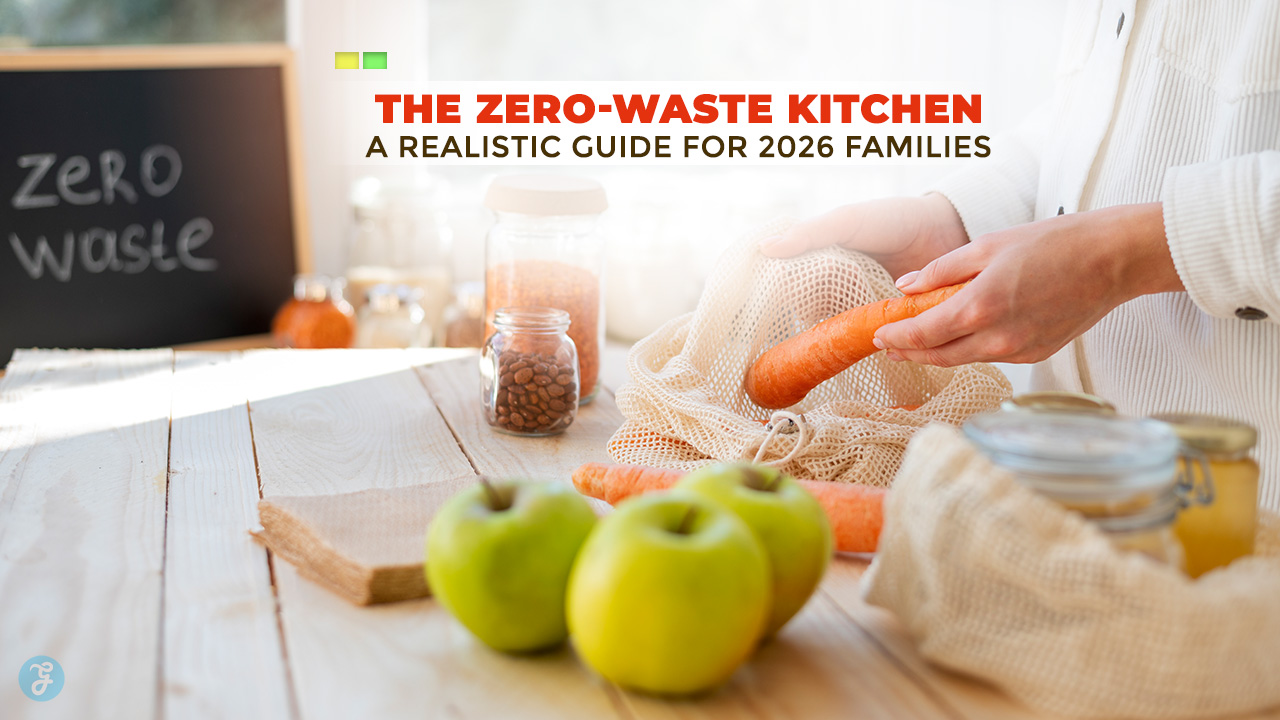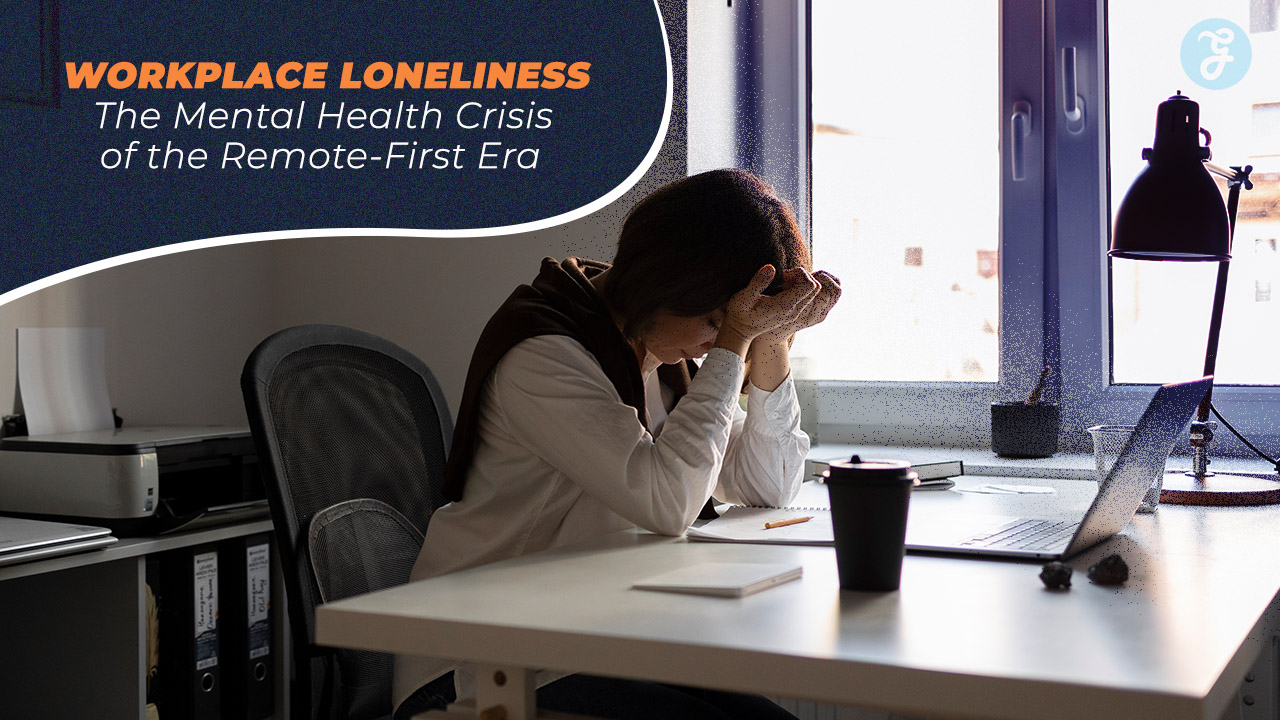Emotional stability can be conceptualized as the ability to cope with and control your emotions favorably. This skill allows you to face stressful situations, conflicts and problems more effectively.
What is Emotional Stability?
Emotional stability generates emotional well-being, which is defined by the WHO as a state of mind in which one is aware of one’s abilities and that it is possible to face the pressures of life. Next, we will present you with a series of tips to achieve emotional stability, but first some signs that indicate that you need to work on it:
Signs that You Need Emotional Stability
Although there are no determining symptoms of instability, there are a series of behaviors and emotions that inform us that we have something to work on.
Some of those signs are:
- Having a constant feeling of sadness and not knowing how to regulate it.
- Inconstancy regarding routines or actions to achieve your goals.
- Little or no tolerance for frustration.
- Little or no willingness to reflect.
- Difficulty making decisions that affect how we feel.
Tips to Achieve Emotional Stability
There is no exact and determined formula to achieve and strengthen emotional stability; everything will depend on the specific variables of each case. However, we share some general tips that can help you:
Develop Healthy Habits
There are different habits to take care of our physical and mental health; some of the main ones are eating a balanced diet, doing physical activity and getting good rest. These 3 pillars allow us to have energy for our activities, reduce fatigue and stress, improve our mood and our ability to concentrate and make decisions, and more.
Therefore, it is important that our daily lives include some form of movement; it could be going for a 15-minute walk, going to a dance class, practicing yoga or any other activity that we enjoy. If you are not used to doing physical activities, you can start slowly and do the activities that you enjoy the most. Regarding food, the idea is to have a variety of foods and nutrients. This does not mean going on a diet or limiting foods, but rather consuming what we know gives us energy and makes us feel good. And finally, regarding sleep, remember that it is necessary to take care of the quality and quantity; try to sleep between 7 and 8 hours per night; and have good sleep hygiene that allows you to rest adequately.
Take Time
In addition to space for physical activities, you also need to dedicate time to recreational activities that you enjoy. In fact, it is best to schedule your schedule to meet your daily responsibilities and leave space to connect with yourself, take care of yourself, free your mind and do things that make you feel good.
In this sense, we recommend that you have moments during the day to analyze yourself, think about your goals and desires, and express yourself. During these moments, recognize your emotions and express them to channel any anxiety and discomfort you may be feeling.
Create a Positive Environment for Yourself
Surround yourself with people with whom you can enjoy, share, and trust; establish healthy relationships; and value your family and friends. You can schedule moments to spend leisure time not only with yourself but also with your social circle.
Can Therapy Ensure your Emotional Stability?
We also recommend therapy to achieve emotional stability; however, we must clarify that therapy is not a magic formula. The results will depend on your commitment to comply with each session, follow the guidance of the health professional, and facilitate the entire process with your attitude and disposition.
The first thing is to recognize that there is something you would like to work on or that is different. A therapeutic process can help you become more aware of your emotions, learn techniques to regulate them, establish a healthier relationship with them, and more. You can contact an online psychologist who will start working on you.
Common Emotional Stability Tests
A few of the most well-known and validated tests that gauge emotional stability and resilience levels include:
NEO Personality Inventory (NEO PI-R)
- A widely used personality test assesses five main traits, including neuroticism vs. emotional stability.
Minnesota Multiphasic Personality Inventory
- Screen for mental health signs, including anxiety, depression, and sensitivity, that reflect instability.
Psychological Stability Exam
- It contains 50 questions rating stability across interpersonal, intrapersonal, frontal and temporal areas.
Stanford-Binet Intelligence Scale
- A longstanding IQ test includes very helpful emotional knowledge and emotional reasoning subscales.
Conner’s Adult ADHD Rating Scales
- A valid questionnaire contains an emotional ability subsection relating to mood swings.
Interpreting Test Scores
Most emotional stability tests plot results on a spectrum and compare scores to normalized samples. Typical score reporting reflects analysis like:
- Standard deviations from the mean
- Percentiles reflecting higher or lower stability trait ranking
- Classification ranges from “markedly unstable” to “extremely stable.”
Improving Emotional Stability
While personality attributes like emotional stability have innate, genetic underpinnings, there are constructive steps individuals can take to cultivate greater resilience, including:
- Stress reduction techniques
- Building self-awareness through journaling
- Cognitive-behavioral therapy
- Emotional intelligence training
- Developing constructive social support
Tracking emotional equilibrium over time through periodic testing can reveal if stability levels are changing and determine if interventions to strengthen coping abilities may be helpful for optimizing mental health.
Conclusion
Emotional stability refers to a personality trait related to coping with stress, negative emotions, and environmental pressures in a consistently even-keeled manner. There are a number of validated psychological assessments available that evaluate an individual’s general emotional equilibrium and resilience through questionnaire items and rating scales. Tests like the NEO PI-R and Minnesota Multiphasic Personality Inventory screen for neuroticism and mental health symptoms connected to mood variability. While genetic predisposition plays a role in innate emotional stability levels, steps like stress-relief practices, building self-awareness, emotional skill-building and counseling support can help strengthen coping capacity over time. Tracking emotional stability testing results periodically can provide insight into one’s mental health outlook and indicate if stability is improving through consciousness-raising interventions. Going forward, nurturing resilience through ongoing self-care habits allows one to reap the many benefits stable emotions confer for relationships, performance, and life satisfaction.
Frequently Asked Questions (FAQs) about Emotional Stability
Is emotional stability something you’re born with, or can you develop it?
Research shows there are genetic components contributing to innate emotional stability levels. However, it is absolutely possible to cultivate resilience, coping skills and stability through interventions like therapy, training, mindfulness practices or changing thought patterns. While challenging ingrained reactivity takes work, purposefully developing this trait pays dividends.
What professions require higher emotional stability?
Jobs involving emergency response, like doctors, firefighters or crisis counselors, rely heavily on emotional equilibrium to handle stress. Leadership roles, teachers, customer service positions and managers also need stability to weather workplace demands without dysfunction. Testing can help gauge fit.
Do introverts tend to be less emotionally stable than extroverts?
A: This is a common stereotype, but solid research has not confirmed any systematic differences in innate stability levels between introverts and extroverts psychologically. Culture and life experiences shape how emotions are processed, not orientation towards internal or external focus alone.
Is instability always problematic, or does some variability help?
Emotional research shows mood fluidity can indicate psychological flexibility and depth central to the human experience. But uncontrolled, lingering swings into anger or sadness are problematic, reducing functioning. The aim isn’t robotic equilibrium but dynamic responses coupled with regulatory capacity. Tests assess dysfunctional variability.







































